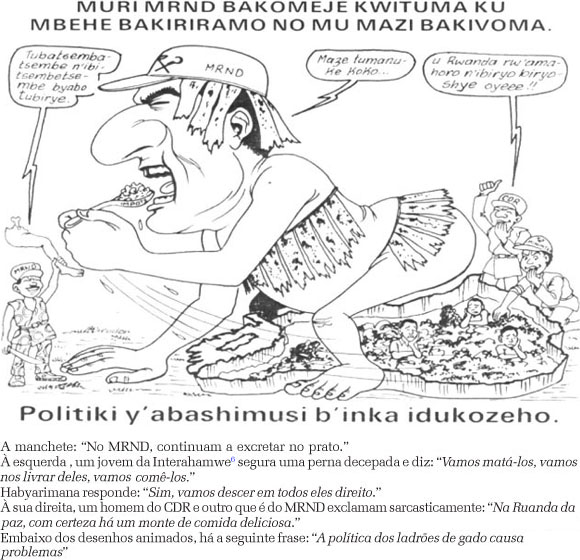In contrast to analyses of the 1994 Rwandan genocide that privilege the political, this paper maintains that power and politics during the time preceding the genocide were embedded in and conditioned by specifically Rwandan notions of cosmology and ontology. In order to understand this "imaginary" component to the violence, we need to closely examine Rwandan beliefs and practices related to the institution of sacred kingship. Although these beliefs and practices effectively terminated in 1931 when the last sacred Rwandan king was deposed and replaced by his mission-educated son, their cosmological matrix endured well into recent times. This is seen in the popular Rwandan street literature which circulated widely in the days leading up to the genocide. In this literature, then President Juvenal Habyarimana was explicitly compared at times to a Rwandan king. More importantly for the purposes of this paper, was the more diffuse, implicit, and symbolic comparison of Habyarimana to a sacred Rwandan king. In particular, some of the key elements in this symbolism adumbrate (and show the persisting importance of) an image of what a morally positive king (or modern president) should be like. Because there were many reactionary (and racist) Rwandan journalists who had begun to doubt President Habyarimana's adequacy as a 'good king,' his subsequent 'sacrifice' was in a strong, though symbolic sense, preordained.
symbolism; Rwandan genocide; sacred kingship



